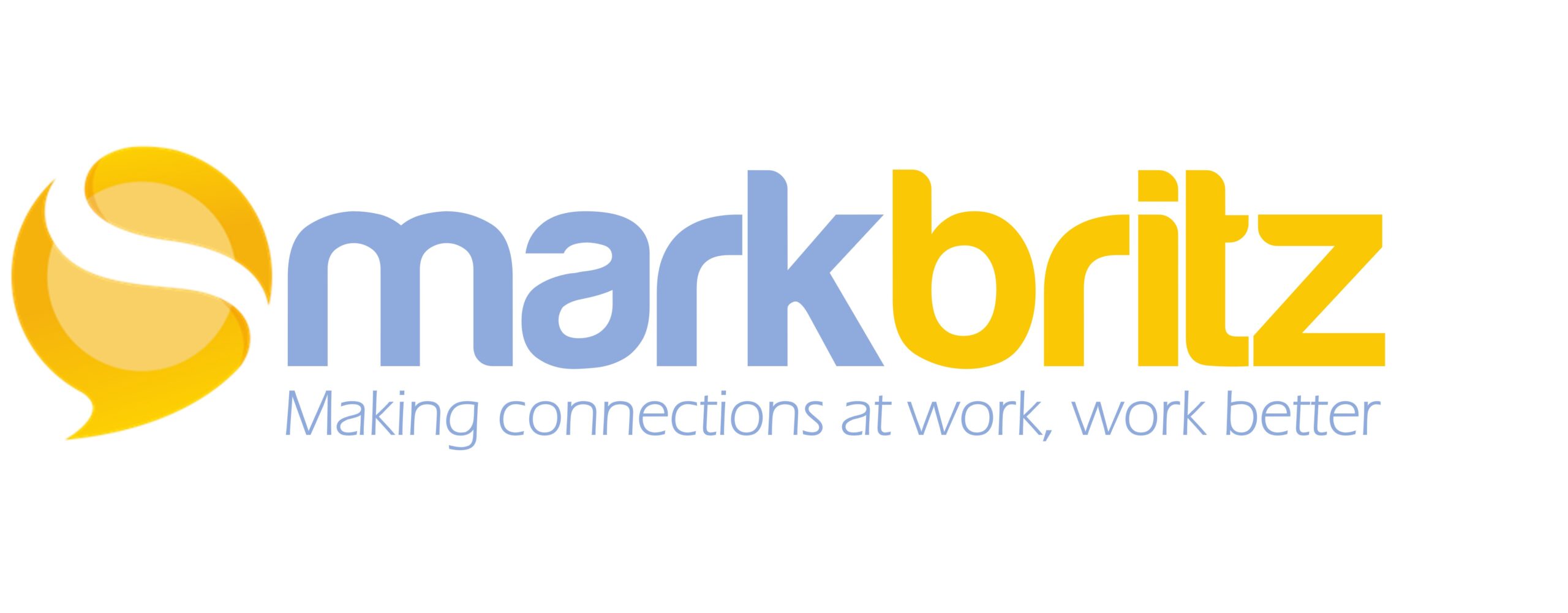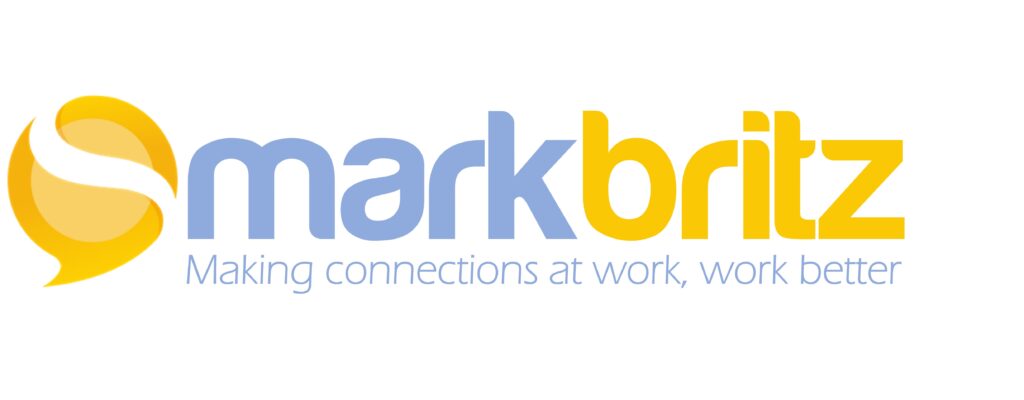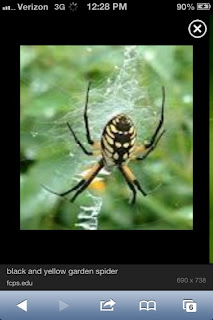“Hey! What are you doing?!”
That was my reaction after seeing my kids and their cousins poking at a spider web.
The children, all under age 8, were intrigued by a very large and fierce looking spider on a web among flower garden daisies. The gut reaction by one of the kids on this oddly humid fall evening was of course to squash it. All the kids, creeped out or in awe, were in silent agreement until I said let’s look it up.
In a matter of seconds I pulled out my smartphone, snapped pic, studied it (as the spider itself was getting a bit antsy by the continual poking). As the desire to smash it grew, I quickly “Googled” it’s general description and VIOLA!
If there is one thing these kids hated more than ugly bugs it was stinging and biting ones. This Common Garden spider was quickly determined to be our friend. A steady diet of wasps, mosquitoes and bees made him an ugly ally in the war on those who ruin outdoor fun. The spider had a stay of execution! Furthermore the “eeews” turned to “ahhs” when it was noted that each night the spider eats its web and builds a new one! How efficient.
I couldn’t help but think of all the big campaigns, films, and curriculum aimed today at educating our youth on helping slow the destruction of ecosystems. Frankly I’m not sure how successful it all has been but I do know a lot of time, money and resources has been spent on all of these efforts.
But this is the real power of our technology today. In a matter of seconds a small group learned something valuable about their world while in their world. A myth dispelled, an answer know, maybe a broader lesson learned for future application of this new knowledge. A smartphone, a camera, a browser (and a level head). All combined, these increasingly common tools just might make a difference for a world at risk.
In my
last post I touched on how social tools have the ability to make the big smaller. It’s hard to really to measure the impact of these small spontaneous events, rife with emotion. But if little actions like these (
Trojan mice) are released frequently, everywhere maybe a real difference will be seen in our ecosystems.
“Unleash Trojan Mice. Don’t do big things or spend loads of money. Set small, nimble things running and see where they head.” – Euan Semple (see full post here)
If this spider lives and reproduces > thousands of offspring are born > the mosquito population in check > pesticide spraying is reduced, etc, etc. Hard to trace back to 5 kids in a Syracuse, New York flower garden but who knows.
In our organizations we have the same social and informal learning opportunities on an equally small scale. In the littler moments, not in the classroom or through a curriculum, we can reach for performance support within our peers and in our tools. We no longer have the excuse “I didn’t know” for most information. At our fingertips we have what can help us make better decisions and our reactive nature can put in check.
And yet even with all the tools available to connect us and our knowledge, someone still needs to ask…
“Hey what are you doing!?”


